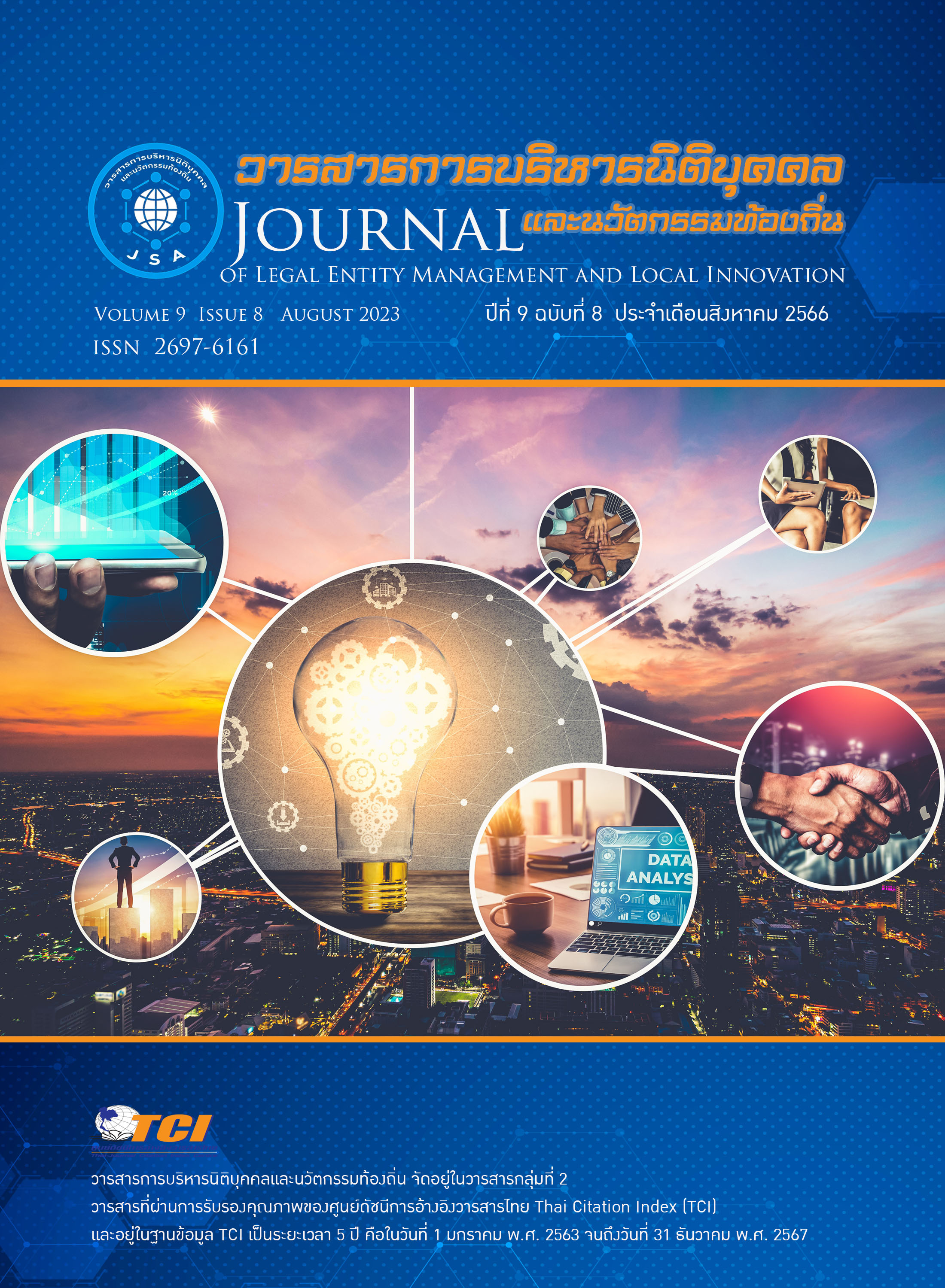The Effects of Project-Based Learning on Identity and Sense of Belonging in Young Children: A Case Study in Ban Nam Kian Community, Phu Phiang District, Nan Province
Keywords:
Identity and Sense of Belonging, Young ChildrenAbstract
The purpose of research is to study the effects of project-based learning experiences to encourage the identity and sense of belonging in young children: A case study in Ban Nam Kian community, Phu Phiang district, Nan province. The population of the study were totally 6 boy and girl, age between 5–6-year-old study in kindergarten year 3, semester 2, academic 2022, Ban Nam Kian school, Nan province. The tools used in this study were 2 project-based learning experience management plans in period of 8 weeks and observed behavior in a sense of identity and sense of belonging in 4 parts which were 1. self-identity 2. group identity 3. social interaction 4. self-perception of abilities. The data were analyzed by quantitative and qualitative methods, including content analysis and narrative descriptions. The research findings that young children who engaged in project-based learning experiences achieved higher scores in terms of their identity and sense of belonging compared to their scores prior to participating in the program. In summary, young children achieved the highest average score in terms of self-perception of abilities, which involved studying, participating in various activities to acquire knowledge and skills, and sharing them with others. They also exhibited confidence in their ability to learn different things, which were connected to their family, community, and surrounding culture. However, their average score in terms of group identity was relatively lower. When young children feel accepted and included as part of a group of friends, they can express the differences between their own families and others. Additionally, they actively participate in the community and share stories about community members and different places. Furthermore, they gain an understanding of the roles, responsibilities, and occupations in their community.


